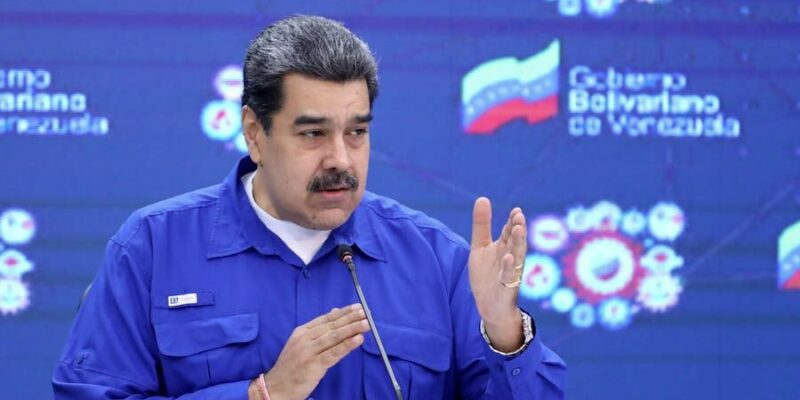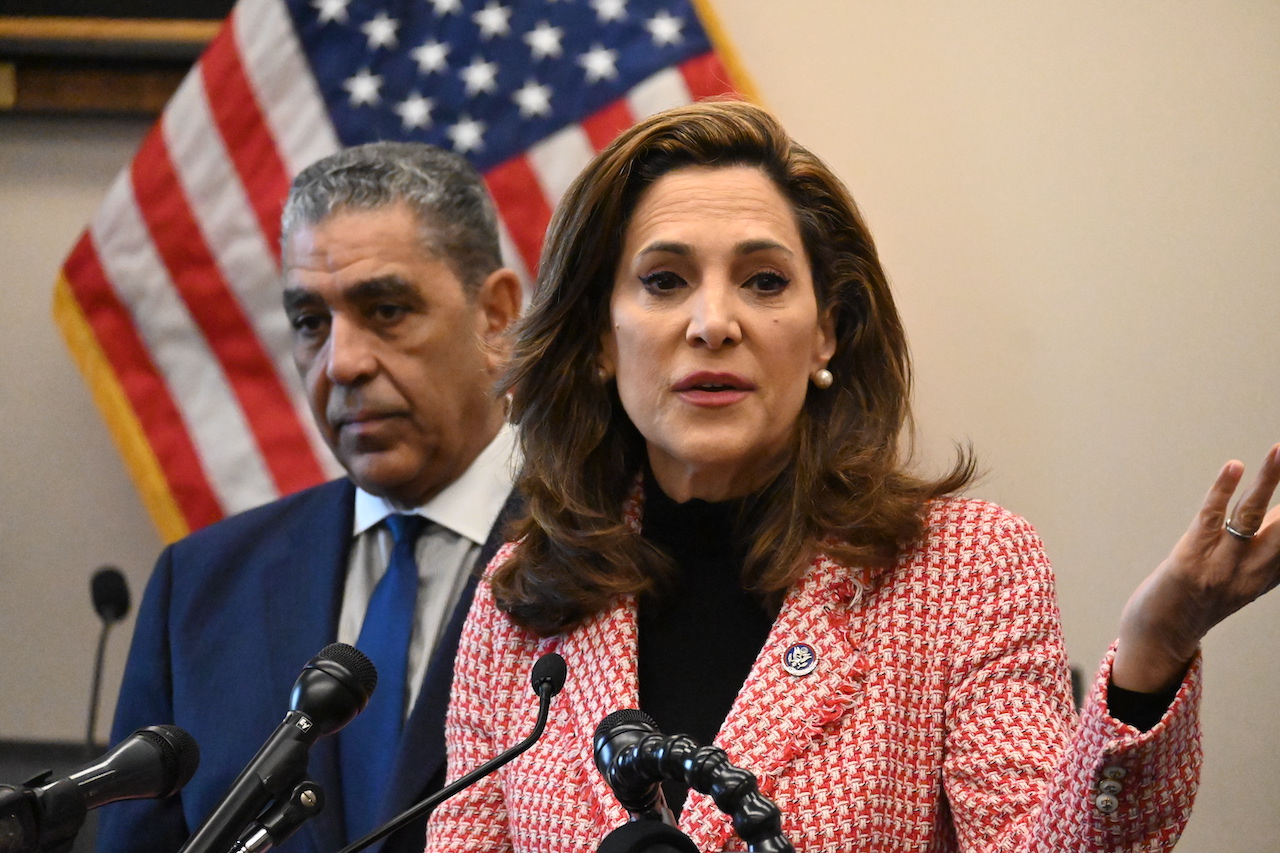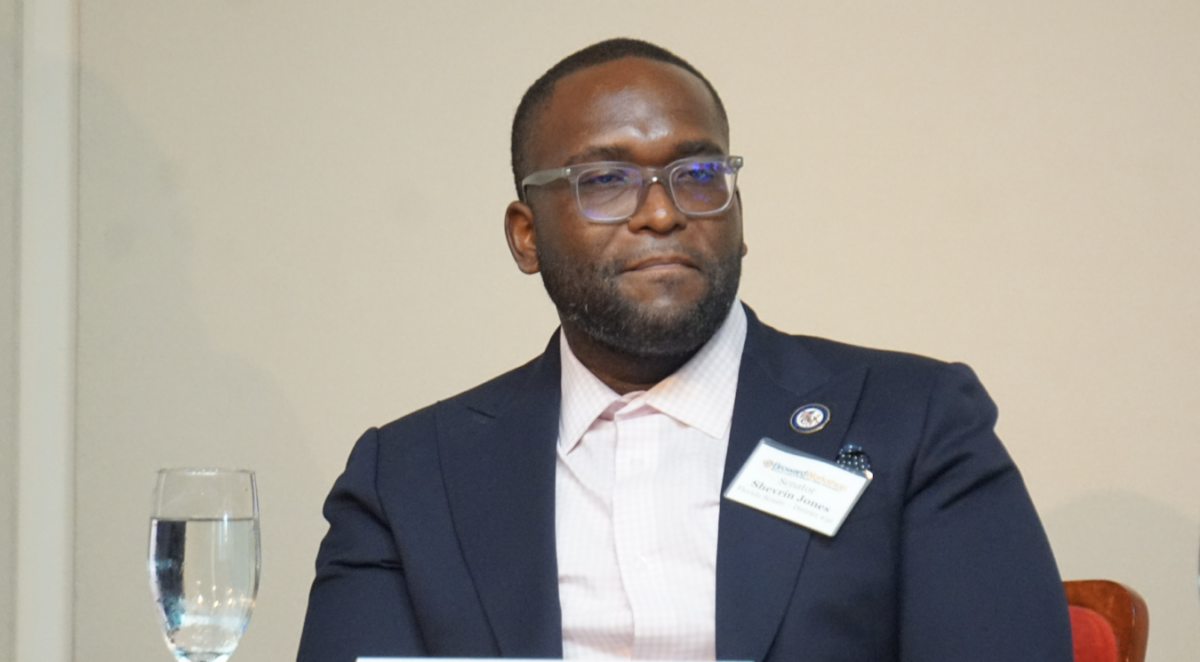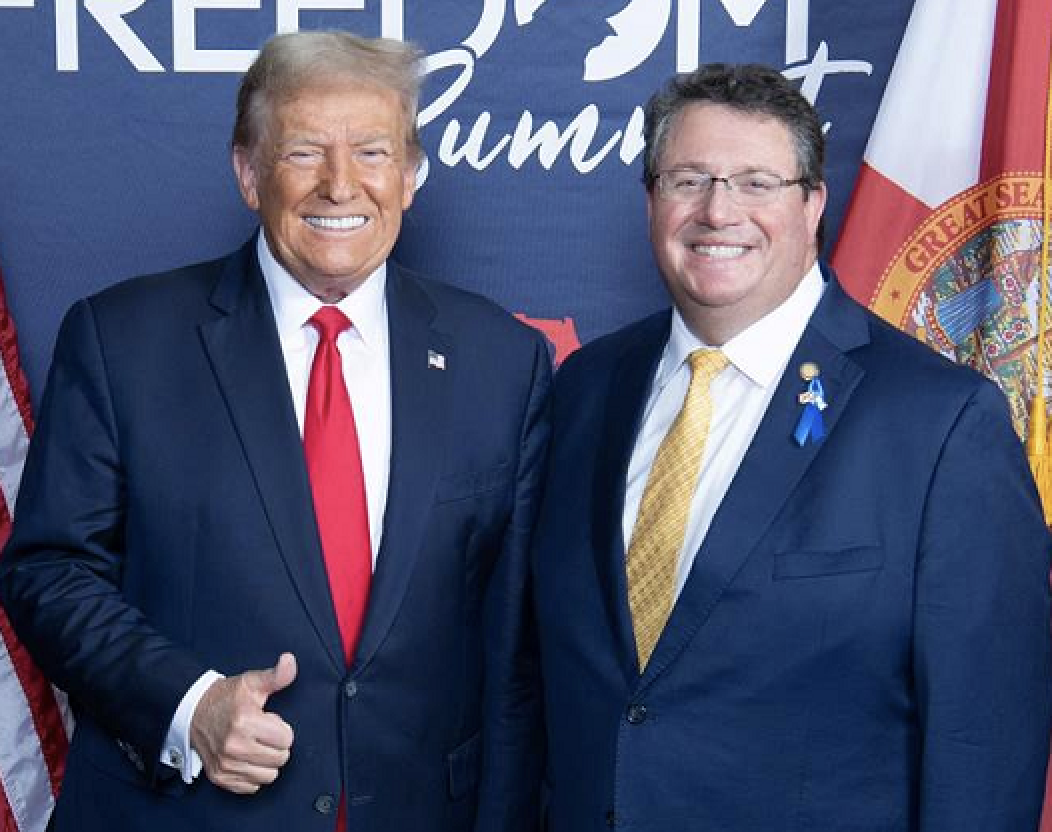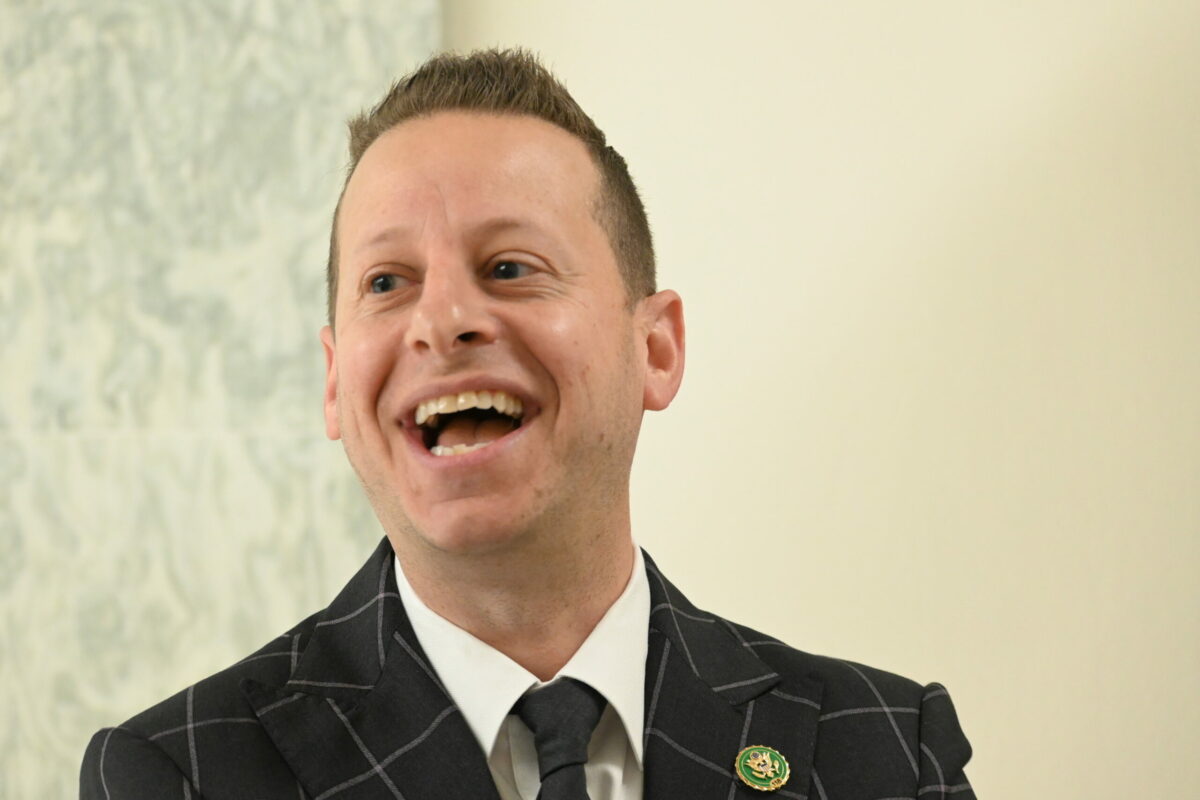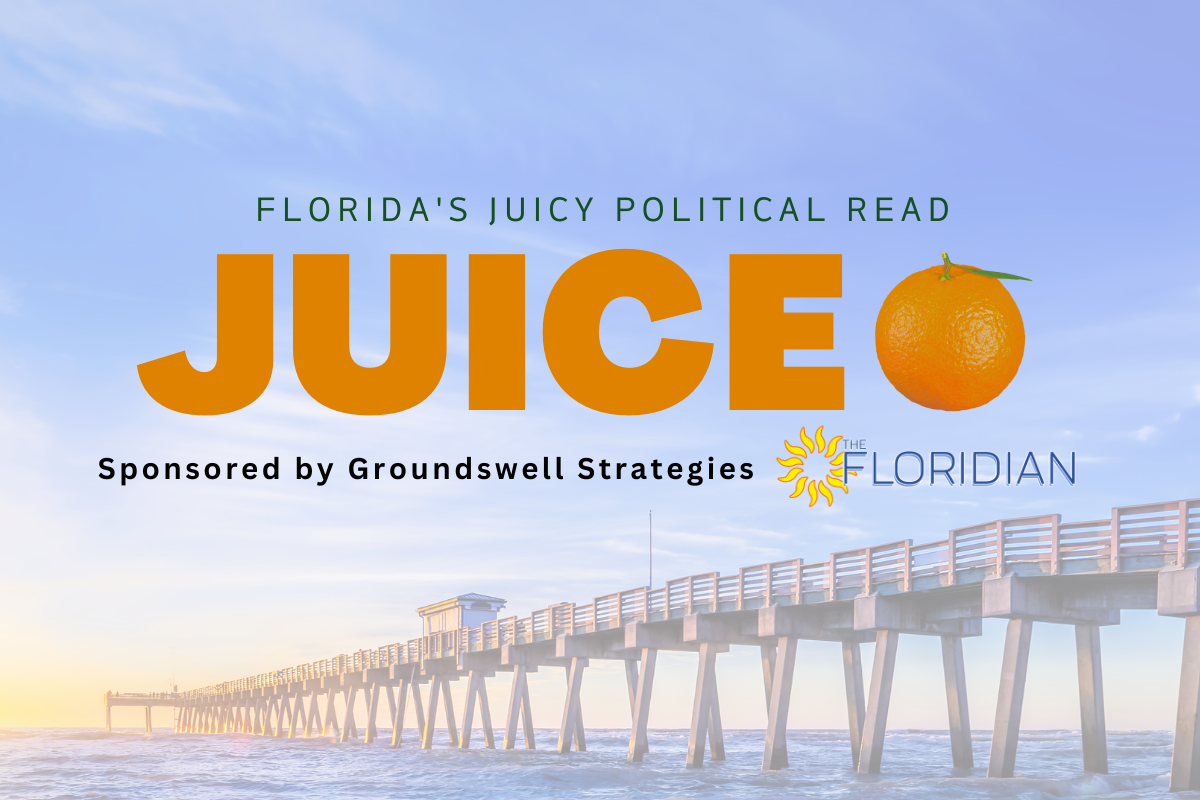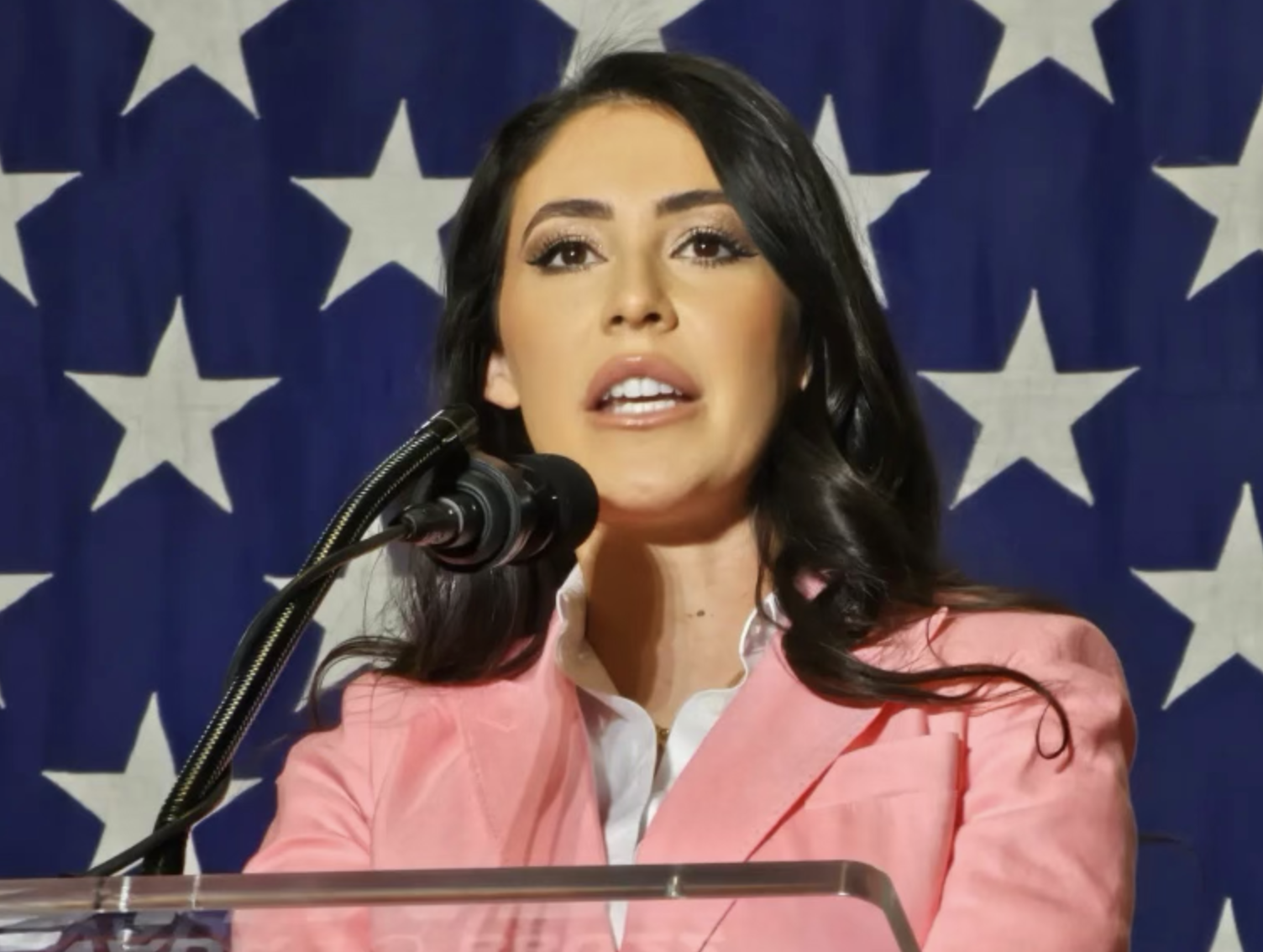Latin American experts speaking at a Florida International University panel discussion on U.S.-Venezuelan relationship agreed that the U.S. approach to Venezuela under the new Trump administration will be “challenging” and that sanctions alone will not drive a democratic transition.
lorida International University, in collaboration with the Steven J. Green School of International & Public Affairs, the Jack D. Gordon Institute for Public Policy, and the Kimberly Green Latin American and Caribbean Center, hosted the second of a three-part series of panels on Venezuela, addressing how the new administration might approach U.S.-Venezuela relations.
Titled “The New Trump Administration’s Policy Toward Venezuela: Return to Maximum Pressure or Explore New Options?”, Eduardo Gamarra, the Associate Director of the Jack D. Gordon Institute for Public Policy, moderated the panel, which included political scientist and Andrés Bello Catholic University Professor John Magdaleno; political scientist and University of Brazilia Professor Hussein Kalout; and Juan Sebastian Gonzalez, who was a Special Advisor to then-Vice President Biden from 2013-2015.
During the lengthy discussion, the three experts shared their views on the Venezuelan elections, the Biden Administration’s relationship with Venezuela, and speculated on how the incoming Trump Administration might approach Venezuela.
Though Magdaleno commented that it’s difficult to say what President Trump will implement because he’s “unpredictable,” all three experts agreed that the “Maximum Pressure campaign” from President Trump’s first term in office, failed.
When asked about what lies ahead for the incoming administration, Kalout noted that it will be “a very interesting challenge,” explaining that President Trump is entering “a new different scenario for Venezuela,” adding that “Maduro’s legitimacy in the region [was] acceptable to a certain extent among the Latin American head of states, so he [Maduro] was not declared an illegitimate president by all.”
The situation now is different, after most of the world has recognized opposition candidate Edmundo Gonzalez as the winner of the disputed July 28, in which election officials and Venezuela's top court said Maduro won. “Several countries in Latin America and outside of Latin America have recognized Maduro as the loser and Edmundo Gonzalez as the legitimately elected president,” said Kalout.
Because of this, he shared that the new administration will be able to take a new approach to applying pressure on the Maduro regime, but the key is, “what kind of pressure?” The subject of sanctions has been a divisive topic in the political landscape, and the panel outright agreed that they are not effective in driving a democratic transition.
“Sanctions alone are not going to lead to regime change,” Gonzalez affirmed, adding that “they may lead to a change in behavior, but in the absence of a mediation effort, then such broad sanctions are really just there to aggravate the humanitarian situation.”
Kalout, in speaking about the ineffectiveness of isolating Venezuela, explained that the approach would not work because “Maduro doesn’t care about isolation.”
“[Maduro] still has connections with China, Russia, several countries in Africa, the Middle East, Asia, Iran,” he added. “He can still navigate because he has only one product… oil.” According to Kalout, oil is the perfect example of how Venezuela can “circumvent the economic sanctions.”
He explained that because Venezuela has signed an accord with China to export oil until 2050, this agreement “will guarantee Venezuela economic stability for the next 25 years, and that is beneficial to China.”
The moderator asked what was Maduro’s reaction to the BOLIVAR Act, which was just passed by the House, and Secretary of State Antony Blinken’s announcement on Tuesday that the U.S. recognizes Edmundo Gonzalez as the legitimately elected president of Venezuela.
Magdaleno said that the Venezuelan government sees the BOLIVAR Act as a “political threat,” adding that both announcements communicate that the U.S. will be “severely pressuring” the Maduro regime.
Gonzalez further explained that “the BOLIVAR Act amounts to codification of the sanctions that are in place. It amounts to an embargo,” adding that “it hasn’t worked in Cuba, and it’s not going to work here.”
“The sanctions that were put in place under the Trump Administration hit their highwater mark right around September of 2019,” added Gonzalez, noting that the Maduro regime is “fully sanctioned.”
“I think the only thing we can do more right now is start sanctioning local Venezuelan banks to try to squeeze even more the availability of dollars inside the country, or do secondary sanctions, which would put us on a collision course with our friends and allies.” For Gonzalez, “no additional sectoral sanctions will actually put a squeeze on this regime.”
When it comes to sanctions, Gonzalez says that the U.S. needs to ask itself two important questions: “Which sanctions will lead to increases in revenue for the regime? Which ones will not?”
The panelists agreed that Venezuela presents a great opportunity for the Trump administration, especially with Marco Rubio leading U.S. foreign policy. “Few people understand [the Venezuela issue] as Marco Rubio,” said Gonzalez with Magdaleno agreeing. “He understands the comprehensive nature of this issue.”
In the end, however, the key will be “what value will the Trump Administration place on the various issues,” added Gonzalez, ranging from democracy to immigration to energy.

